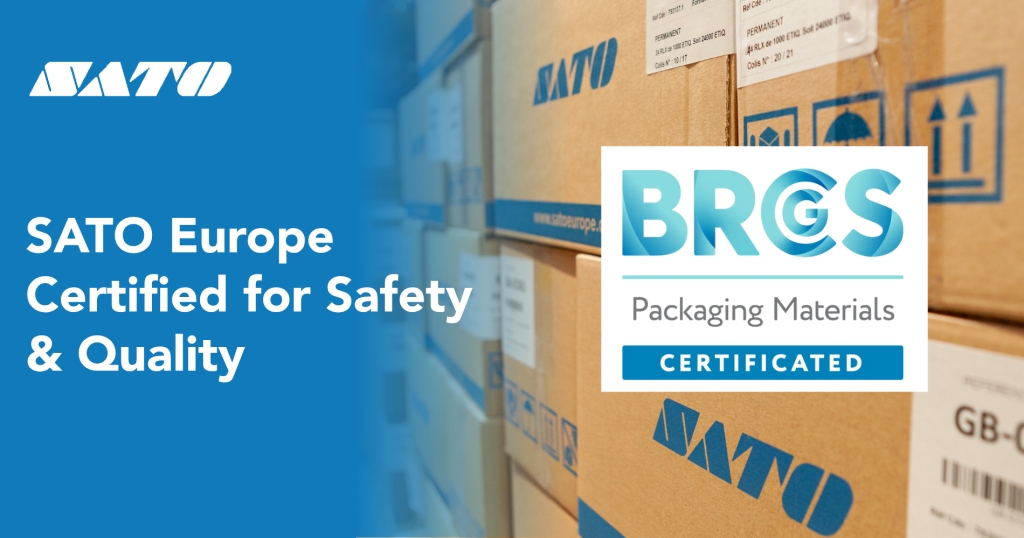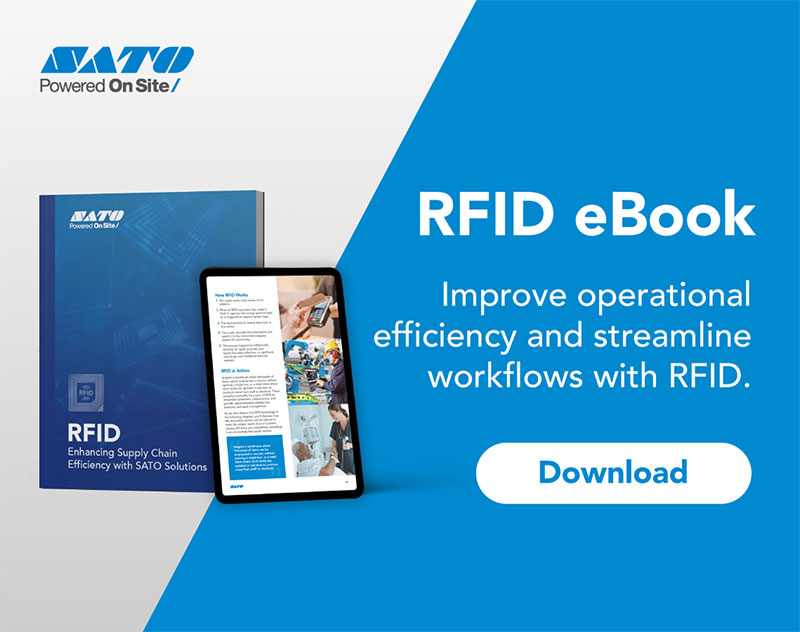Supply Chain Snapshot: Weekly Industry Insights #36
23/12/24
As 2024 comes to a close, supply chains across industries are focusing on innovation, sustainability, and resilience to prepare for the challenges of 2025. This bumper edition highlights how automotive, healthcare, retail, and food sectors are adapting to meet evolving demands.
Driving innovation in the automotive sector
General Motors is addressing electric vehicle logistics challenges through nearshoring and strengthened supplier relationships. These strategies are improving efficiency and minimising disruptions in a rapidly changing market. Learn how GM is advancing EV logistics.
New planning platforms are enabling greater flexibility and collaboration across the automotive supply chain, setting the stage for more agile and efficient operations. Explore the role of planning platforms.
With 2025 on the horizon, the automotive sector faces uncertainties related to demand fluctuations and sustainability pressures. Strategic planning and adaptation are critical. Discover the challenges ahead for the automotive industry.
Healthcare prioritises sustainability and resilience
Decarbonising healthcare is a top priority, with insights from COP29 offering actionable strategies to reduce emissions while maintaining high-quality care. These efforts highlight the importance of building sustainable healthcare systems. Read about healthcare’s decarbonisation journey.
Poland has developed its first national critical medicines list to bolster supply chain resilience. This initiative ensures the availability of vital medicines during crises and underscores the need for robust supply chains in healthcare. Learn about Poland’s critical medicines list.
Retail evolves through innovation and adaptability
Retailers are rethinking supply chains for 2025, focusing on strategies to manage tariff challenges and shifting consumer behaviours. Advanced logistics and inventory solutions are helping them stay competitive. Discover how retailers are preparing for tariff challenges.
ASOS and Selfridges have joined the Fashion Leap for Climate initiative, committing to significant emissions reductions by transforming their supply chains. This marks a major step towards sustainability in the retail sector. Read about the Fashion Leap for Climate initiative.
Sustainability takes centre stage in fashion and food
Fashion industry leaders are setting sustainability priorities for 2025, focusing on transparency, material innovation, and circular practices. These efforts are shaping more ethical and environmentally conscious supply chains. Explore sustainability priorities in fashion.
The food industry is leveraging technology to tackle waste, with innovations like predictive analytics and automated tracking reducing losses and enhancing sustainability. Learn how tech is addressing food waste in retail.
Preparing for holiday and QSR supply chain challenges
The festive season brings unique challenges for restaurant supply chains, from ingredient shortages to last-mile delivery delays. Proactive strategies are critical to ensuring seamless operations during peak demand. Discover ways to avoid restaurant supply chain disruptions.
Uber Direct is providing couriers with streamlined delivery solutions, supporting retail and restaurant sectors during peak periods. These tools are driving efficiency and adaptability in high-pressure environments. Learn about Uber Direct’s impact on supply chains.
From advancements in EV logistics to tech-driven sustainability in food and fashion, this week’s insights showcase how supply chains are evolving to meet the demands of a changing world. Visit SATO Europe for more updates shaping the future of supply chain management.
Latest News
All News

10/02/26
SATO Europe appoints Armelle Jaclot as European Marketing Director
10 February 2026 – Heidelberg, Germany – SATO Europe...

02/02/26
SATO strengthens its European manufacturing capabilities as Polish site achieves...
2nd February 2026 – Heidelberg, Germany ...












